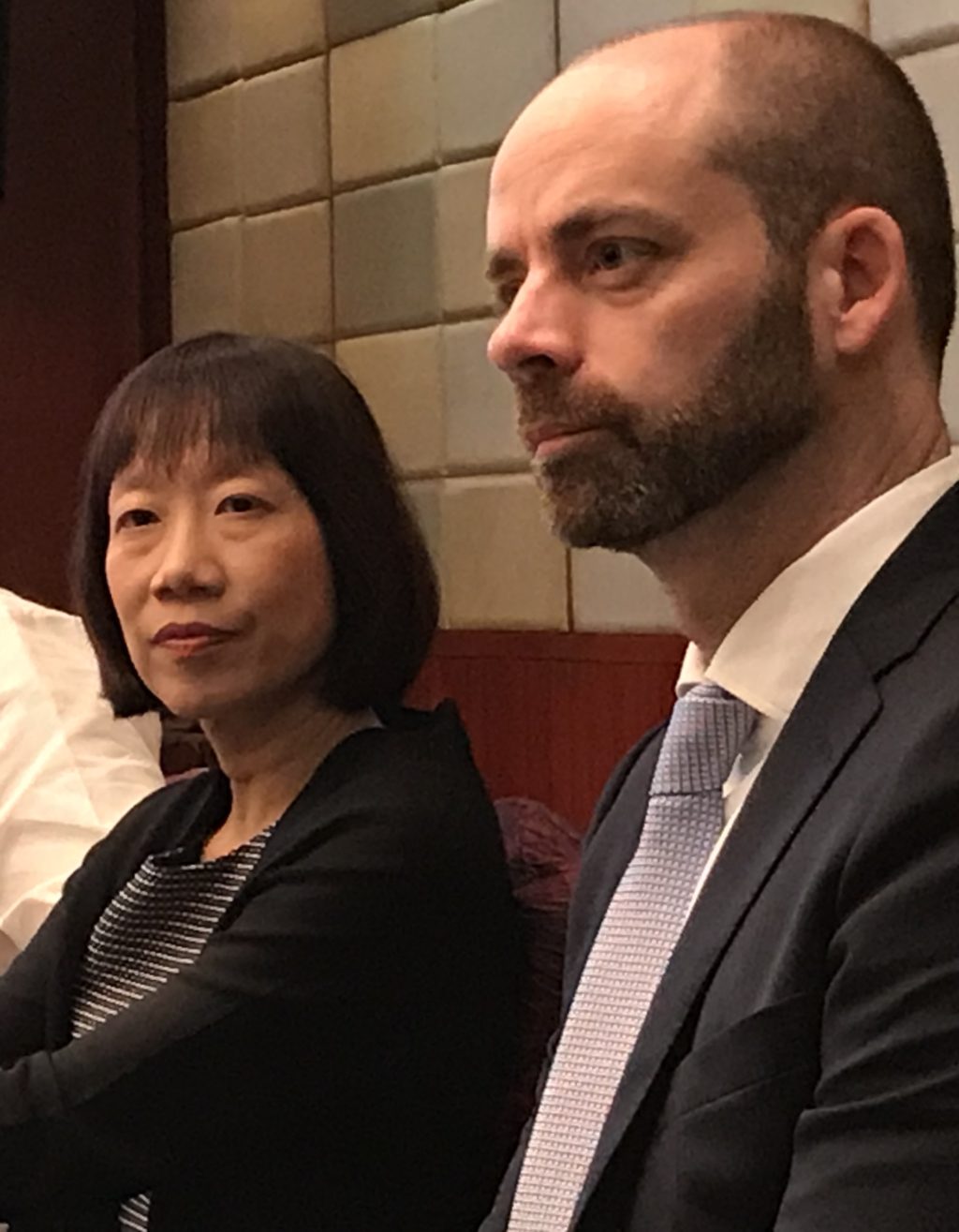HSBC sees 3.9% PH GDP contraction

HSBC Private Bank’s investment experts Cheuk Wan Fan and Willem Sels
British banking giant HSBC sees the Philippines heading to its deepest economic contraction in three decades this year due to fallout from the coronavirus (COVID-19) pandemic and the consequent lockdown measures.
Although the lockdowns have been loosened in Metro Manila recently, restrictions remain in several parts of the country.
“We have reduced our Philippine GDP (gross domestic product) forecast for 2020 to -3.9 percent and expect economic growth to rebound to 7 percent in 2021,” said Fan Cheuk Wan, chief market strategist for Asia at HSBC Private Banking.
The economic recession seen this year is due to a sharp decline in private consumption and fixed investment.
As inflation remains muted, HSBC also expects another 25 basis points in interest rate cut by the Bangko Sentral ng Pilipinas (BSP) this year to 2 percent alongside another 200 basis points of reserve requirement ratio (RRR) reduction to end the year at 10 percent.
The BSP has so far slashed its key interest rates by 175 basis points since the start of the year, bringing the policy rate to a record low of 2.25 percent. The BSP has likewise reduced the RRR by 200 basis points and provided additional liquidity to the market through purchases of government bonds in the secondary market as well as direct repurchases of government securities.
“Headline inflation remains muted as COVID-19 exerts downward pressure on global prices. Our inflation forecast is likely to remain below 3 percent and within the BSP’s 2 to 4 percent target range for the rest of the year. We forecast full-year inflation to average 2.3 percent in 2020 and 2.6 percent in 2021,” Fan said.
Meanwhile, HSBC remained “neutral” on Philippine equities, with a recommendation to “focus on quality stocks exposed to the recovery in private consumption and fixed investment after COVID-19.”
On foreign exchange, Fan noted that the peso had been one of the very few currencies in emerging markets to appreciate against the US dollar in the first semester. But after this outperformance, Fan said rich valuations, narrowing nominal yields, and deteriorating fiscal metrics would reverse the momentum.
HSBC forecasts the Philippine peso to trade at 50.50 against the US dollar by the end of this year.

